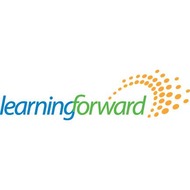ISKME's Open Educational Practice Rubric
(View Complete Item Description)This rubric defines a set of open educational practices that help educators to advance a classroom and school culture of open education and to advocate for the potential benefits of open educational resources (OER) in the context of continuous improvement. The rubric is intended to guide educator practice in working with OER to ensure that every student has the opportunity to engage in learning effectively. The rubric supports educators in accessing, curating, evaluating, and adapting OER in response to students’ particular needs, interests, and contexts, to author and share original or remixed resources, and to disseminate approaches to the implementation of those resources for future OER users to benefit from.
Material Type: Assessment



















